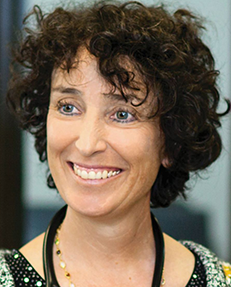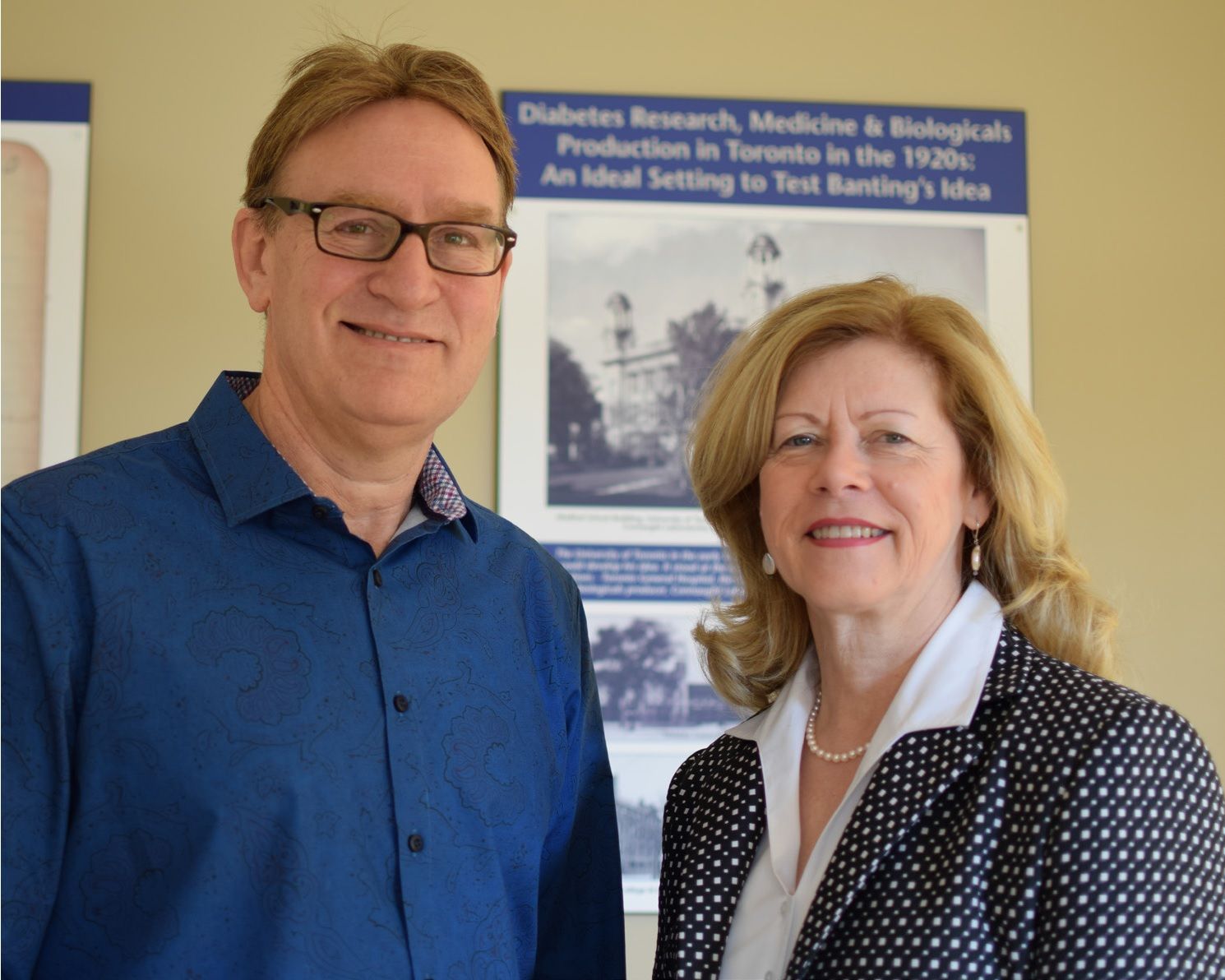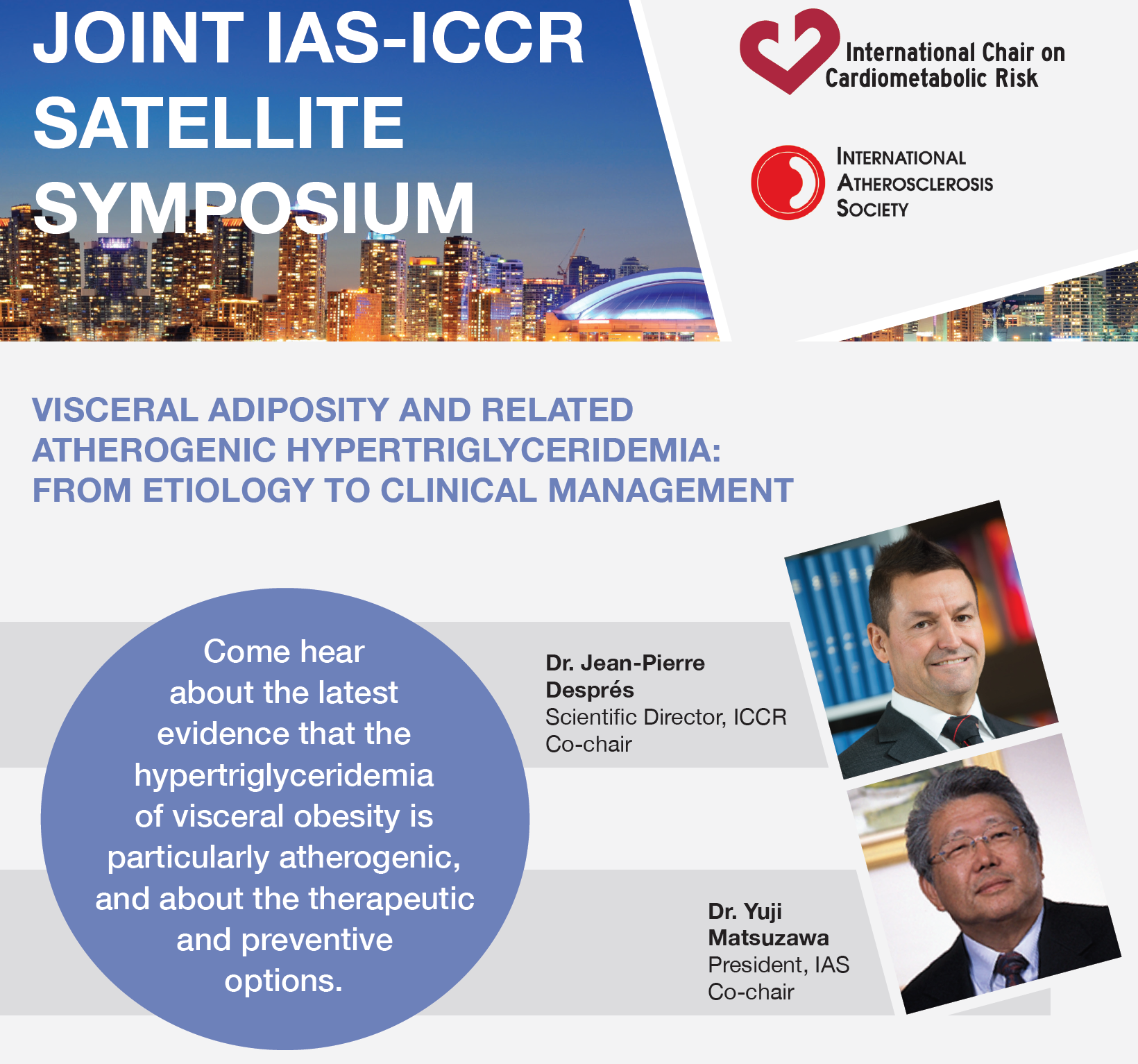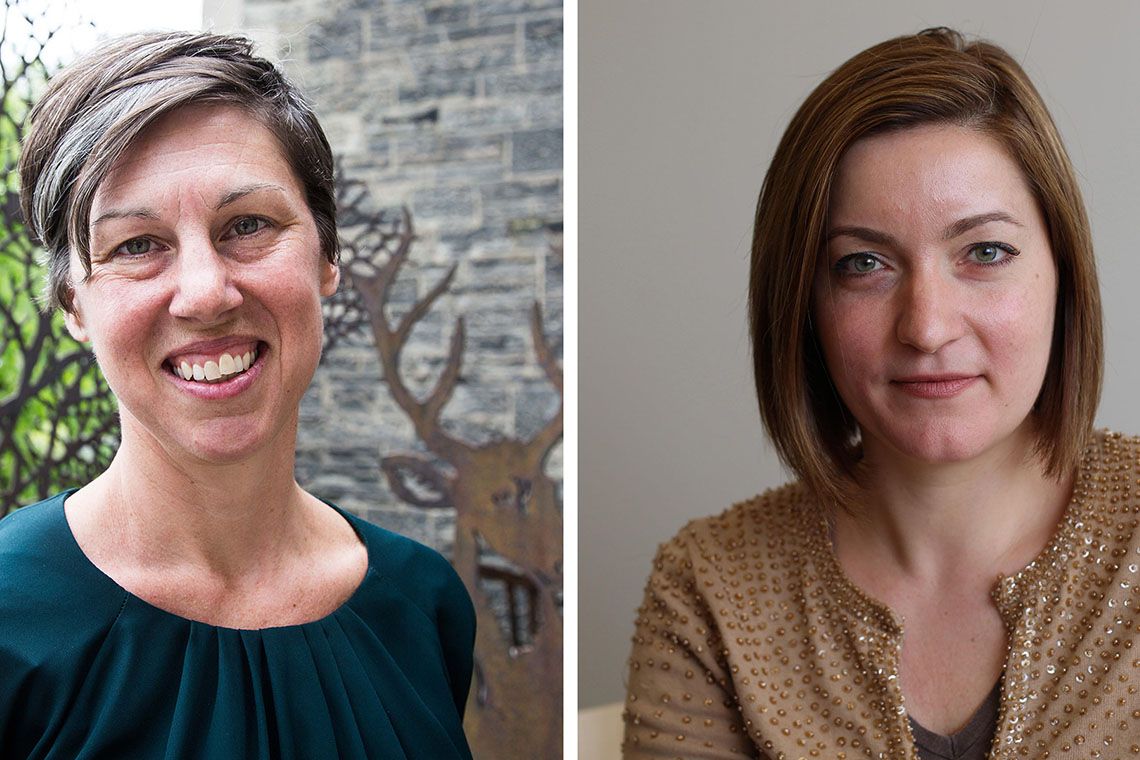LANCEMENT DU RÉPERTOIRE NATIONAL DU DIABÈTE D’ACTION DIABÈTE CANADA
Action diabète Canada, une entité du programme de la SRAP sur les maladies chroniques des Instituts de recherche en santé du Canada, est ravi d’annoncer le lancement du Répertoire national du diabète.
Le Répertoire national du diabète, qui permettra la découverte au moyen de la recherche dans un environnement sécurisé et contrôlé, représente une avancée majeure en ce qui a trait à la surveillance et au traitement du diabète au Canada.
Les principaux éléments du Répertoire seront créés à partir de données issues de dossiers médicaux électroniques, à commencer par celles contenues dans les répertoires de soins primaires existants de trois provinces (Ontario – UTOPIAN; Alberta – NAPCReN et SAPCReN; Québec – RRSPUM). Ces sources fourniront les données de plus de 50 000 patients diabétiques. De plus, des plans sont en cours pour élargir la banque de données.
Action diabète Canada supervise l’utilisation des données par l’entremise d’un Comité de direction de la recherche. La moitié des membres du Comité de direction de la recherche sont des patients. L’équipe comprend également des médecins qui fournissent des données issues de dossiers médicaux électroniques, des chercheurs spécialisés en recherche observationnelle et clinique, et des experts en éthique de la recherche, en respect de la vie privée et en droit.
Le Répertoire national du diabète sera accessible aux chercheurs d’Action diabète Canada. L’objectif de ce projet de recherche consiste à améliorer le dépistage des complications et à faciliter la mise en œuvre d’interventions efficaces et opportunes pour, ultimement, améliorer la vie et la santé des Canadiennes et des Canadiens aux prises avec le diabète.
La sécurité et la confidentialité ont été des considérations d’une importance capitale au moment de délimiter les paramètres du Répertoire. Des pratiques rigoureuses relatives à la protection de la vie privée ont été intégrées aux fondements du Répertoire et incorporées à l’ensemble de nos politiques et procédures. Ainsi, nous pourrons permettre aux chercheurs d’accéder aux données, sans en compromettre la sécurité. Le Répertoire national du diabète est géré à partir du North York General Hospital, et le matériel informatique physique est hébergé au Centre for Advanced Computing, un établissement sécurisé de Calcul Canada situé à Kingston, en Ontario.
Processus de demande :
Les chercheurs se verront accorder un accès contrôlé à l’environnement sécurisé après avoir reçu l’autorisation du Comité de direction de la recherche. L’obtention d’une autorisation dépendra de l’harmonisation du projet avec les valeurs de base d’Action diabète Canada, de l’approbation du point de vue de l’éthique de la recherche et de la confirmation du financement. Les chercheurs pourront remplir et soumettre un formulaire de demande en ligne à https://repository.diabetesaction.staging0.com (en cours de développement) ou en écrivant à diabetes.repository@utoronto.ca.
Données :
Les données hébergées dans le Répertoire national du diabète sont anonymisées. Par ailleurs, Action diabète Canada supervise l’utilisation des données par l’entremise d’un solide comité de direction de la recherche.
Conformément aux paramètres du projet, comme stipulé dans le plan de création de l’ensemble de données, le ou la gestionnaire des données du répertoire versera une portion des données de recherche sur un poste de travail virtuel sécurisé aux fins d’analyse. Cette portion de données sera ensuite alignée avec la proposition de recherche approuvée par le Comité d’éthique de la recherche, et examinée et approuvée par le Comité de direction de la recherche.
Espace de travail aux fins d’analyse :
Les chercheurs auront accès à une suite de programmes statistiques. Il convient de noter que les données fournies pourront uniquement être consultées à partir du poste de travail virtuel sécurisé et ne pourront être extraites de leur environnement.
Éléments de données :
| Allergies et intolérances | Antécédents familiaux | Procédures médicales |
| Indicateur de maladie | Problèmes de santé | Données démographiques |
| Diagnostic | Résultats d’analyses de laboratoire | Facteurs de risque |
| Rencontres médicales | Médication | Vaccins |
D’autres éléments de données pourraient être rendus accessibles. En cas d’intérêt, nous vous invitons à soumettre une demande de mise à jour du dictionnaire de données.
Le lancement du Répertoire national du diabète d’Action diabète Canada apportera un éclairage scientifique sans précédent sur la santé des patients et les comorbidités, et permettra de mieux comprendre les mécanismes qui sous-tendent le diabète et ses complications
Vous avez des questions? N’hésitez pas à écrire à conrad.pow@nygh.on.ca ou à diabetes.repository@utoronto.ca.























 McGill University, in association with Manulife and the McGill Centre for the Convergence of Health and Economics (MCCHE), is pleased to announce that Dr. Jean-Pierre Després, Professor at the Department of Kinesiology, Faculty of Medicine at Université Laval and pioneer in developing screening techniques for visceral obesity, is the winner of the 2018 Manulife Prize for the Promotion of Active Health. This award recognises research pioneers who screened for abdominal obesity and acted to prevent it.
McGill University, in association with Manulife and the McGill Centre for the Convergence of Health and Economics (MCCHE), is pleased to announce that Dr. Jean-Pierre Després, Professor at the Department of Kinesiology, Faculty of Medicine at Université Laval and pioneer in developing screening techniques for visceral obesity, is the winner of the 2018 Manulife Prize for the Promotion of Active Health. This award recognises research pioneers who screened for abdominal obesity and acted to prevent it.









































